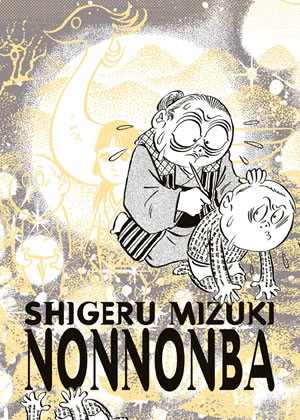
At the ICv2 Conference on Comics & Digital II that preceded New York Comic Con last October, ICv2 CEO and industry analyst Milton Griepp offered a grim take on the manga market: while sales of comics and graphic novels as a whole were up, in his annual white paper on comics publishing, Griepp said that manga sales have declined for the past three years and were down 35% in the first half of 2012.
The next day, as if in some alternate reality, fans dressed as anime and manga characters crowded the halls of the Javits Center, lined up to get autographs from Moyoco Anno, packed a large room to hear Yoshitaka Amano speak, and competed enthusiastically in trivia games to win swag featuring anime and manga characters. What’s going on here? The manga market may be smaller than it was five years ago, but a substantial fanbase remains, and publishers contacted by PW for this article said they are optimistic that the decline has come to an end, that long-awaited digital initiatives are attracting readers, and that the manga market is stabilizing at a new, sustainable level.
While the market has gone through an incredible boom and inevitable decline, and many manga-only publishers have gone by the wayside, the ones left seem stable—Yen, Viz, Dark Horse, Vertical—and manga has been added to the art comix lineups at Fantagraphics, D&Q, and PictureBox:
Several smaller publishers are targeting older readers. Dark Horse’s swordplay manga sell well in comics shops. DMI specializes in yaoi manga (romances between two males) and recently added hentai (explicit adult titles) manga to its line, and they have run two successful Kickstarter campaigns to publish manga by the late and prolific manga superstar Osamu Tezuka. Vertical also publishes Tezuka titles as well as teen manga, and recently it began publishing josei manga, which is aimed at young women.
In addition, North American indie and small-press graphic novel publishers now actively seek out and publish literary manga, works much like the artists they already publish. Drawn and Quarterly publishes the work of such acclaimed literary manga-ka as Yoshihiro Tatsumi and Shigeru Mizuki; Fantagraphics launched a line of classic manga in 2010; and recently PictureBox, which specializes in publishing innovative literary and experimental indie comics, announced it was launching Ten Cent Manga, a line that will showcase manga influenced by America and other cultures.
PictureBox owner Dan Nadel says that the audience for these books is not the traditional manga reader. “It seems like it’s a lot of the same people reading other PictureBox books and authors like the indie anthology Kramers Ergot, Matthew Thurber, and Sammy Harkham,” he says. “There’s a couple generations of readers hungry for this broadening of the manga narrative.”
The “manga era” might be receding a bit into the the keepsake box of future millennial nostalgia but there’s still plenty of life in that category.


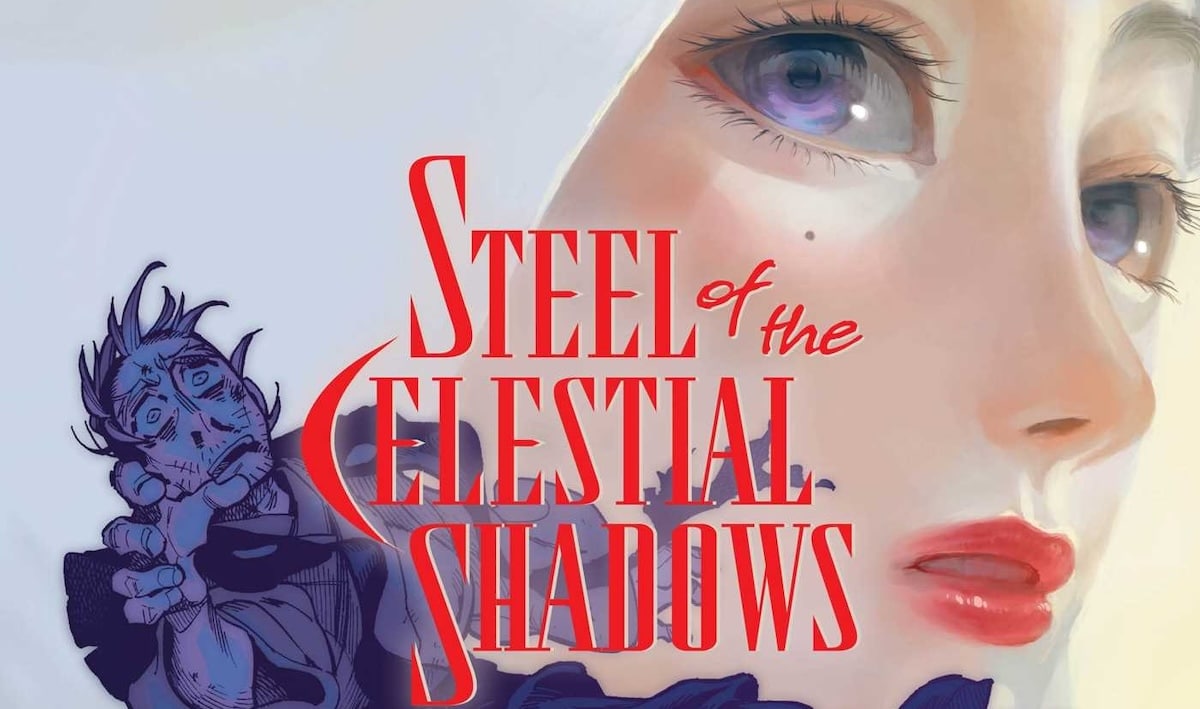
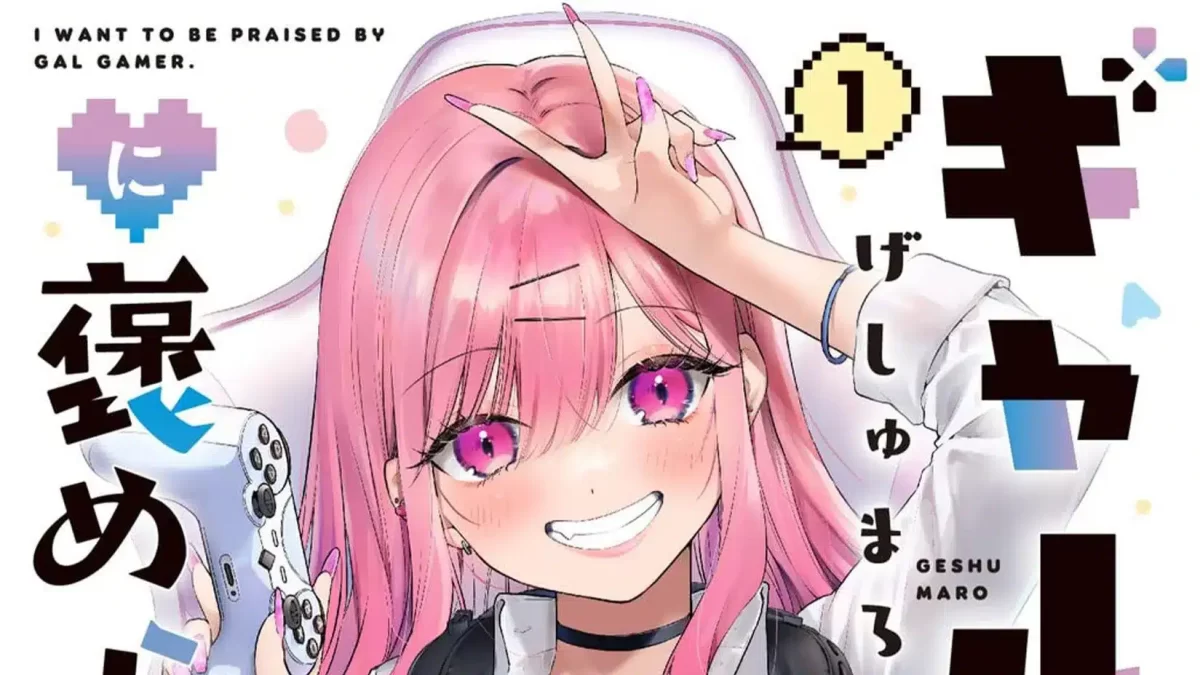
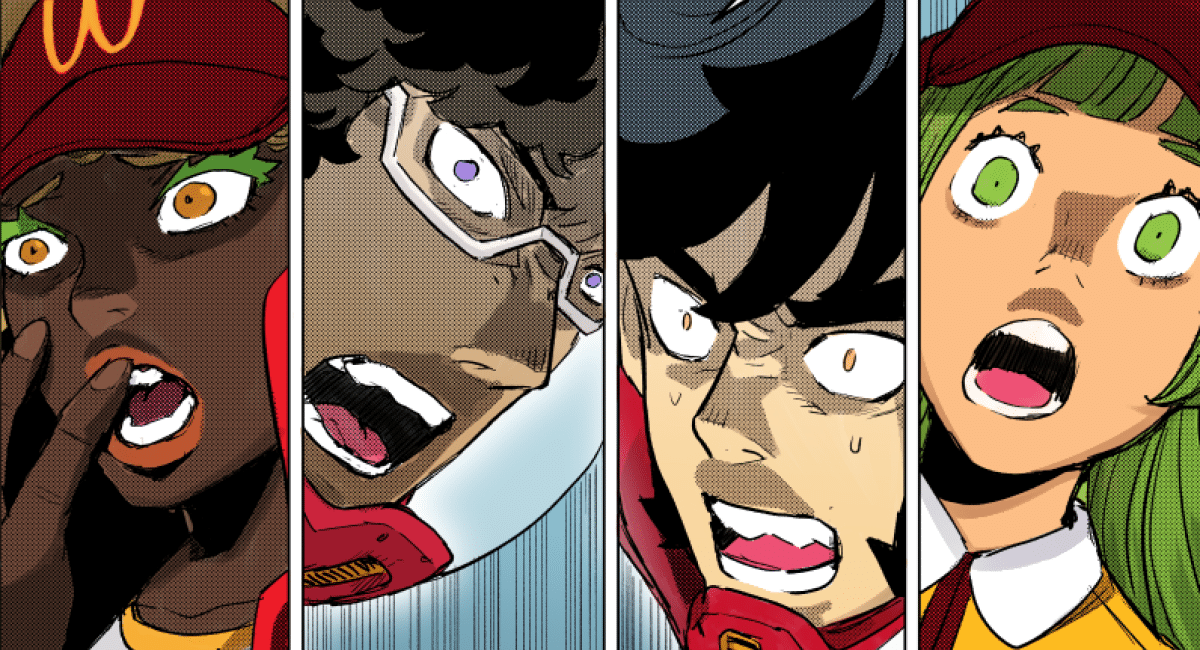
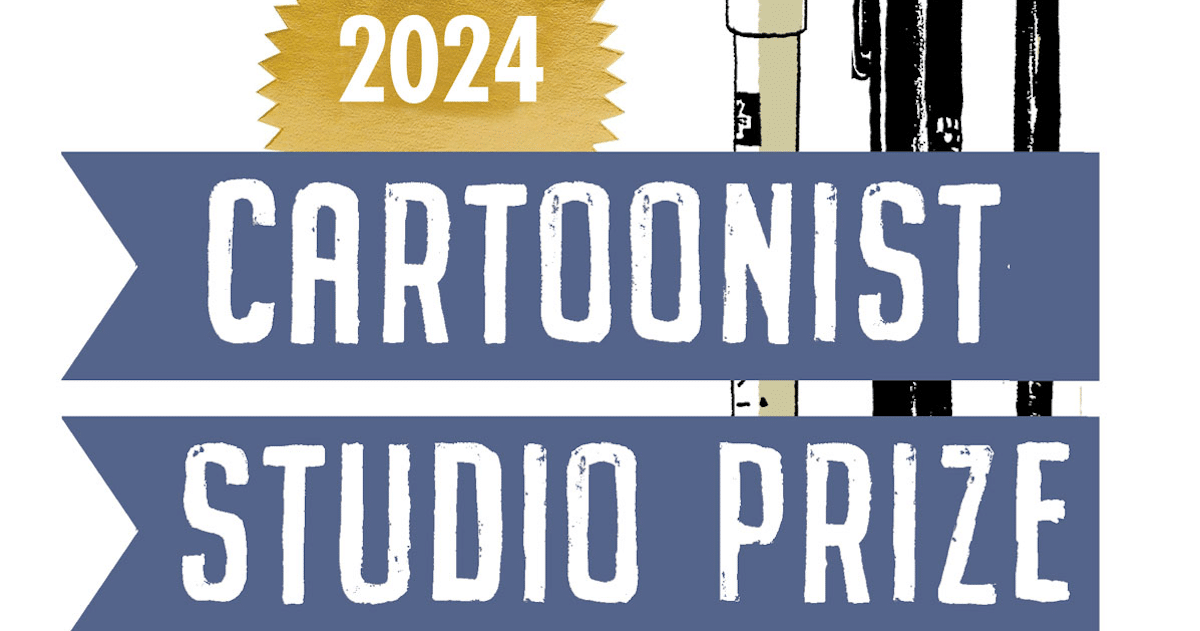


The million dollar question, which I asked back in 2006 or so:
What happens when the teens devouring manga get tired of same old same old?
Do they quit manga and discover some other distraction?
Do they discover other genres in manga?
And… if they draw, will they create manga and comics?
Well, what happened? Are those who read manga in 06 onto something else in 13 or what, they all growed up by now. I’d hope some have learnt to write and draw and will create comics and do something new, rather than copy the same old same old.
Actually, I’m having a hard time finding much of the same old same old manga genres that I enjoyed a decade ago.
Martial arts extravaganzas like Dragonball? I guess there are Naruto and Bleach, but they seem to be spinning their wheels. One Piece is still enjoyable, but it seems to be an outlier.
Giant robot space opera like Macross? I’m drawing a blank on compelling modern examples.
Sports adventures like Eyeshield 21 or Whistle? Again drawing a blank.
Romances like Maison Ikkoku, not just yaoi or hentai? Nothing I have seen recently has been appealing to me.
Manga about everyday topics like cooking, or business, like Oishinbo? I haven’t seen anything like that in a while.
Have I changed as a reader, or does the landscape of manga seem genuinely bleaker? I do appreciate the attempts by more literary publishers to expand their manga lines with older or more independent works. And I remain hopeful that more great Japanese material is just waiting to be released. But the US market is not what it was.
Torsten and Alex, I’ll give you a totally unscientific and anecdotal answer to your question, based on my experience with my daughters and their friends, reading to fifth-graders every year on Community Reading Day, and talking to librarians: Most of the kids I knew as teenagers (now in their early 20s) read manga for a few years and then stopped. They didn’t move on to the mature titles—that’s a totally different audience. They are still readers, and they will pick up an occasional graphic novel as they would any other type of book, but they aren’t married to the medium.
There is a new cohort of teen readers, and a lot of them are reading online on bootleg sites, but the fact that Sailor Moon and Naruto continue to be the top selling series indicates that they are buying, at least some of the time.
Yep, its a genuine reflection of it consumer base and publishers are being more discerning with what they publish(Fanta and D&Q esp.). not much else to say but, a bit of advice to the current generation of Otaku: Diversify beyond what your reading right now. read everything, even the stuff you hate and never knew existed.
So, flush our hard earned money down the toilet and encourage people to make more crap. Better advice, buy more of what you like and what everyone else doesn’t. Why? That will encourage more of what you like, and what everyone else likes, they will pay for. (Hopefully… buy some, just not a ton). Wait, are you asking people to buy what they hate because nobody likes what you write? Oh, you devious, devious glorious baster! (censored for your convenience). Why would we buy what we don’t want? That’s just silly. Buy what you want, and focus on what there isn’t enough of. (In your opinion).
Also, otaku, like nerd, are typically focused on what they like. One can be a manga nerd, or one can be a shonen, shoujo, or bishonen nerd, or a book nerd, or a harry potty nerd. Whatever.
Hmm… edit would be nice, I would love to tone that down.
Comments are closed.